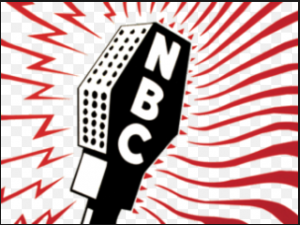Once upon a time, in the early 1920’s, 40 percent of the radio stations in the United States were operated by non-profit, non-commercial broadcasters. New kids on the block, NBC and CBS decided that this was not good for their profit-model, so they pressured Congress to regulate the airwaves. Congress, ever receptive to corporate interests, passed the Radio Act of 1927 which created the Federal Radio Commission which was given the responsibility of renewing and issuing broadcasting licenses.
The commission was functionally weak and unable (or unwilling) to regulate the big radio networks. It was also unclear as to whether the commission could make additional rules to regulate advertising and the Radio Act merely required advertisers to identify themselves:
“All matter broadcast by any radio station for which service, money, or any other valuable consideration is directly paid, or promised to, or charged to, or accepted by, the station so broadcasting, from any person, firm, company, or corporation, shall at the time the same is so broadcast, be announced as paid for or furnished as the case may be, by such person, firm, company, or corporation.”
With little direction or incentive to regulate fairly across different types of broadcasters, in the spring of 1928, the commission routed out 164 independent, non-commercial stations under General Order 32. This became precedent, and many low-powered stations were eliminated. The 81 stations that did survive fared very poorly from then on and in many cases were forced to share airwave frequencies with commercial stations.
The FRC, and its later later manifestation, the FCC, have been accused of being captured by the industry it was designed to regulate and fostering a permanent monopoly of the media by large media corporations. After the introduction of television, corporations were already in a strong position to dominate the airwaves, and favorable rules by government regulators soon followed. It is up to us whether we want them to control the next big medium. . .




Leave a response